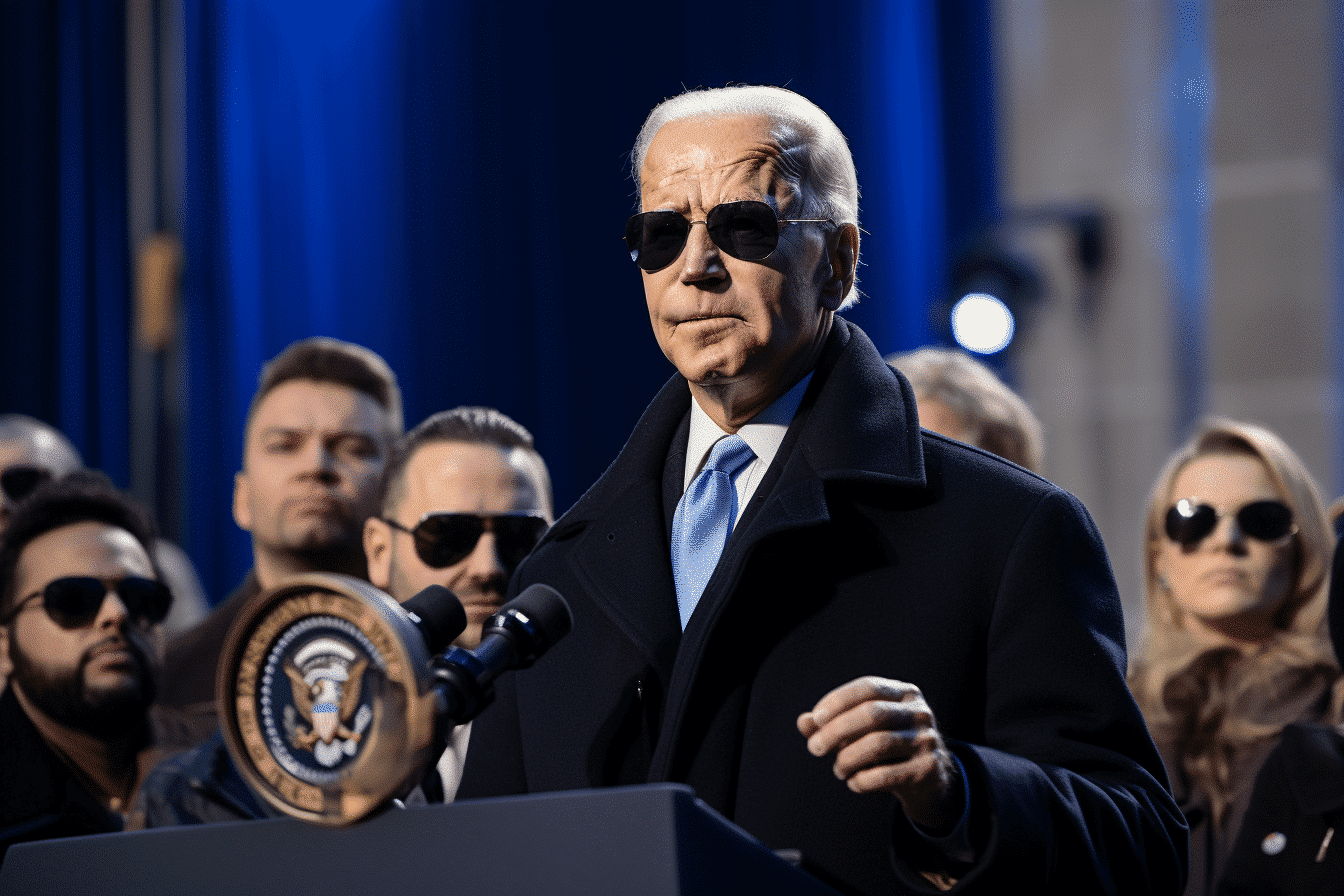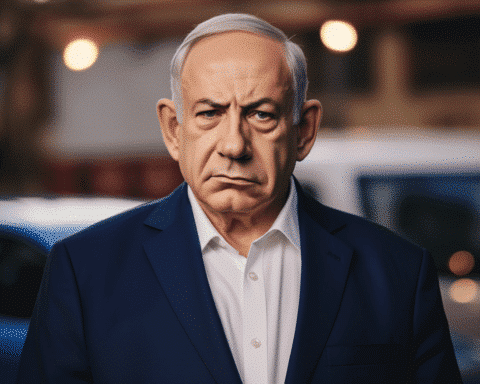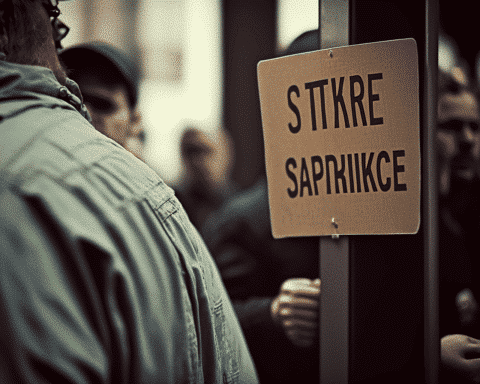The ongoing war between Israel and Hamas has created a turbulent backdrop for President Joe Biden’s visit to the Middle East. The escalating conflict, marked by a tragic explosion at a Gaza hospital that killed hundreds, has significantly changed the president’s itinerary and increased the stakes for his diplomatic efforts in the region.
President Joe Biden faced with the escalating war between Israel and Hamas, emphasizes humanitarian aid while avoiding deeper conflict in the region. His planned summit with Arab leaders in Jordan was cancelled following a deadly explosion at a Gaza hospital that claimed hundreds of lives. In response to the incident, Jordan called off the president’s summit as Palestinian leader Mahmoud Abbas withdrew in protest of the explosion.
The Hamas-run Health Ministry in Gaza attributed the explosion to an Israeli airstrike. This claim was refuted by the Israeli military, which blamed a misfired Palestinian rocket for the incident. Ayman Safadi, Jordan’s foreign minister, expressed the situation’s urgency, saying, “This war and this aggression are pushing the region to the brink. Jordan would only host the summit when all participants agreed on its purpose: to stop the war, respect the humanity of the Palestinians, and deliver the aid they deserve.”
President Biden expressed his grief and anger at the hospital explosion and the resulting loss of life. He assured that he had spoken to King Abdullah II of Jordan and Israeli Prime Minister Benjamin Netanyahu and had directed his national security team to investigate the incident.
John Kirby, White House National Security Council spokesman, explained that the situation was rapidly evolving and that placing blame at this stage would be inappropriate. He confirmed that Biden had understood and agreed to the cancellation of the Jordan visit.
During his visit to Israel, Biden planned to meet with Israeli officials, including Netanyahu, first responders, and victims’ families. The visit highlighted Biden’s willingness to take on personal and political risks to address foreign conflicts.
President Joe Biden’s visit to the Middle East comes at a time of heightened tensions and complexities. His commitment to providing humanitarian aid while steering clear of deeper conflicts reflects his belief in the power of personal diplomacy and the United States’ important role on the global stage. The evolving situation in Gaza and the escalating war will undoubtedly test the limits of American influence and the president’s diplomatic understanding in the days to come.




